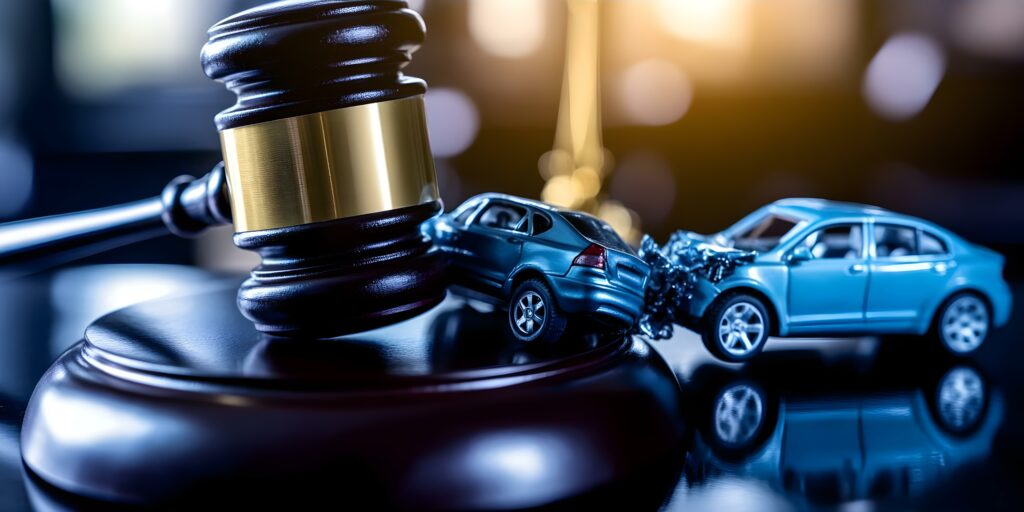Now Reading: How Are Wrongful Death Proceeds Usually Divided?
-
01
How Are Wrongful Death Proceeds Usually Divided?
How Are Wrongful Death Proceeds Usually Divided?
Grieving the accidental death of a loved one is a painful and challenging process. It is understandably hard to cope with the tremendous loss, especially when the loss of your loved one’s life resulted from someone else’s negligence. Whether it was caused by a workplace injury, defective consumer product, or a car accident, an unanticipated void is left in its wake. Without your loved one by your side, you have lost your confidant, the person you leaned on for guidance, assistance, and help contributing to your shared family and home.
While it may vary slightly from state-to-state, wrongful death statutes are in place to allow individuals to pursue restitution from the liable party. Nevertheless, seeking your legal remedies can be a complex and lengthy process. Here are a few things to keep in mind throughout your journey of being made whole again.
Who Can Bring a Wrongful Death Suit?
Not every person is able to assert a wrongful death claim on behalf of the deceased. Although the list of possible claimants may differ from state-to-state, the prevailing rule establishes a limited few who can potentially bring the claim. In the state of California, those who are able to seek financial damages include:
- This individual may be the personal representative of the decedent’s estate or the decedent’s successor in interest.
- Spouse. Either the decedent’s surviving spouse or domestic partner. Under California law, a domestic partnership takes place when two adults choose to share one another’s lives in an intimate and committed relationship. A domestic partnership must e filed with the state.
- Children. Children of the decedent are able to bring a claim.
- Other Family Members. While typically uncommon and allowed in only certain scenarios, other members of the household who were financially dependent on the decedent may bring a suit.
What a Wrongful Death Claim Entails
Financial compensation resulting from a wrongful death action may derive from different avenues. These different modes of reparations may include:
- Pre-death medical bills. Any medical bills that were accrued prior to death, as a result of the opposing party’s negligence.
- Economic damages. Economic damages may include loss of financial support that the decedent would have provided had not been for their untimely death.
- Non-economic losses. Non-economic losses address the loss of care and comfort, and loss to society, which resulted from the adversary’s negligence.
Dividing the Award from a Wrongful Death Action
In an ideal scenario, the loved ones who were entitled to recovery would agree with other family members. Following this arrangement, if the family receives a settlement or award at the commencement of the wrongful death action, the family can divide the proceeds amongst themselves. Some families may choose to distribute the money into equal portions. Other families prefer to allocate the funds based on some criteria. For example, members who suffered the most may be given the most substantial share; or, the person who is in the direst financial situation may be given the biggest portion.
However, if these individuals are unable to reach a peaceful understanding among themselves, they may choose to bring the matter to court. The court will take into the financial needs, pain, and suffering, and future losses of each claimant, as well as any expenses a claimant has spent without reimbursement. The court will then determine how financial compensation is divided among the decedent’s relatives and heirs.
A wrongful death is a painful experience and should not further tear apart your family. Contact our injury attorneys Nokes & Nokes for assistance.








